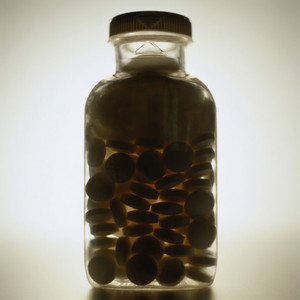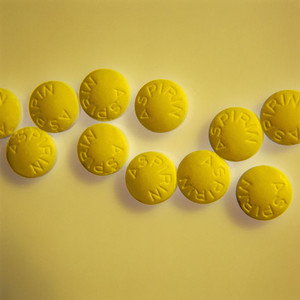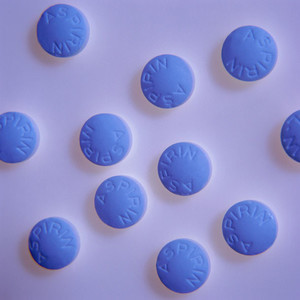Israel-based Teva Pharmaceutical Industries (Teva), the world’s largest generics manufacturer, has removed its Budeprion XL 300 mg generic version of GlaxoSmithKline’s antidepressant Wellbutrin XL (bupropion) from the US market after regulators said it is not therapeutically equivalent to Wellbutrin XL 300 mg.
Teva withdraws generic antidepressant from US
Generics/News
|
Posted 19/10/2012
 0
Post your comment
0
Post your comment

FDA conducted tests after patients complained that Teva’s Budeprion XL 300 mg generic version of the extended release medicine, which is manufactured by Impax Laboratories, did not work. From January to June 2007, FDA received 85 reports describing either adverse events or lack of efficacy after switching from Wellbutrin XL 300 mg to Teva’s Budeprion XL 300 mg, which was approved in December 2006.
A study started by FDA in 2010 and completed in August 2012, found that Teva’s Budeprion XL 300 mg generic version did not release the active ingredient at the same rate and extent as the brand-name drug. The FDA-sponsored study enrolled 24 healthy adult volunteers and examined the rate and extent of absorption of the two drug products under fasting conditions. The results of the study failed to demonstrate bioequivalence of Teva’s Budeprion XL 300 mg to Wellbutrin XL 300 mg. Therefore, at FDA’s request, Teva agreed to remove its marketing application for its generic version, as well as to cease production and to remove the product from the US market.
FDA is now also requiring that the other four companies who manufacture generic versions of Wellbutrin XL 300 mg, Anchen, Actavis, Watson Pharmaceuticals and Mylan, conduct their own bioequivalence studies and provide data to FDA by March 2013 at the latest.
Each of the five generics was approved based on bioequivalence studies comparing the 150 mg strength of the products to Wellbutrin XL 150 mg. Studies were not performed directly on the 300 mg strength of the products. Rather, the bioequivalence studies were performed using the 150 mg strength, and the results were extrapolated to establish bioequivalence of the 300 mg product.
FDA has stated that the 150 mg strength Impax/Teva bupropion product was shown to be bioequivalent to Wellbutrin 150 mg. It is approved by FDA and is currently marketed in the US.
This problem should not normally occur in other generics, as typically, FDA’s Center For Drug Evaluation and Research recommends that the highest strength of a drug be used to establish bioequivalence to support a generic drug approval. However, in the case of extended-release bupropion, the 300 mg strength of the drug was not used in bioequivalence studies due to concerns that this higher strength of the drug could cause seizures in healthy adult volunteers.
Related article
Teva halts phase III biosimilar rituximab trial
Permission granted to reproduce for personal and educational use only. All other reproduction, copy, retransmission or reprinting of all or part of any ‘Content’ found on this website is strictly prohibited without the prior consent of the publisher. Contact the publisher to obtain permission before redistributing.
Source: Bloomberg, FDA
Research
Japan’s drug shortage crisis: challenges and policy solutions
Saudi FDA drug approvals and GMP inspections: trend analysis
The best selling biotechnology drugs of 2008: the next biosimilars targets










Post your comment